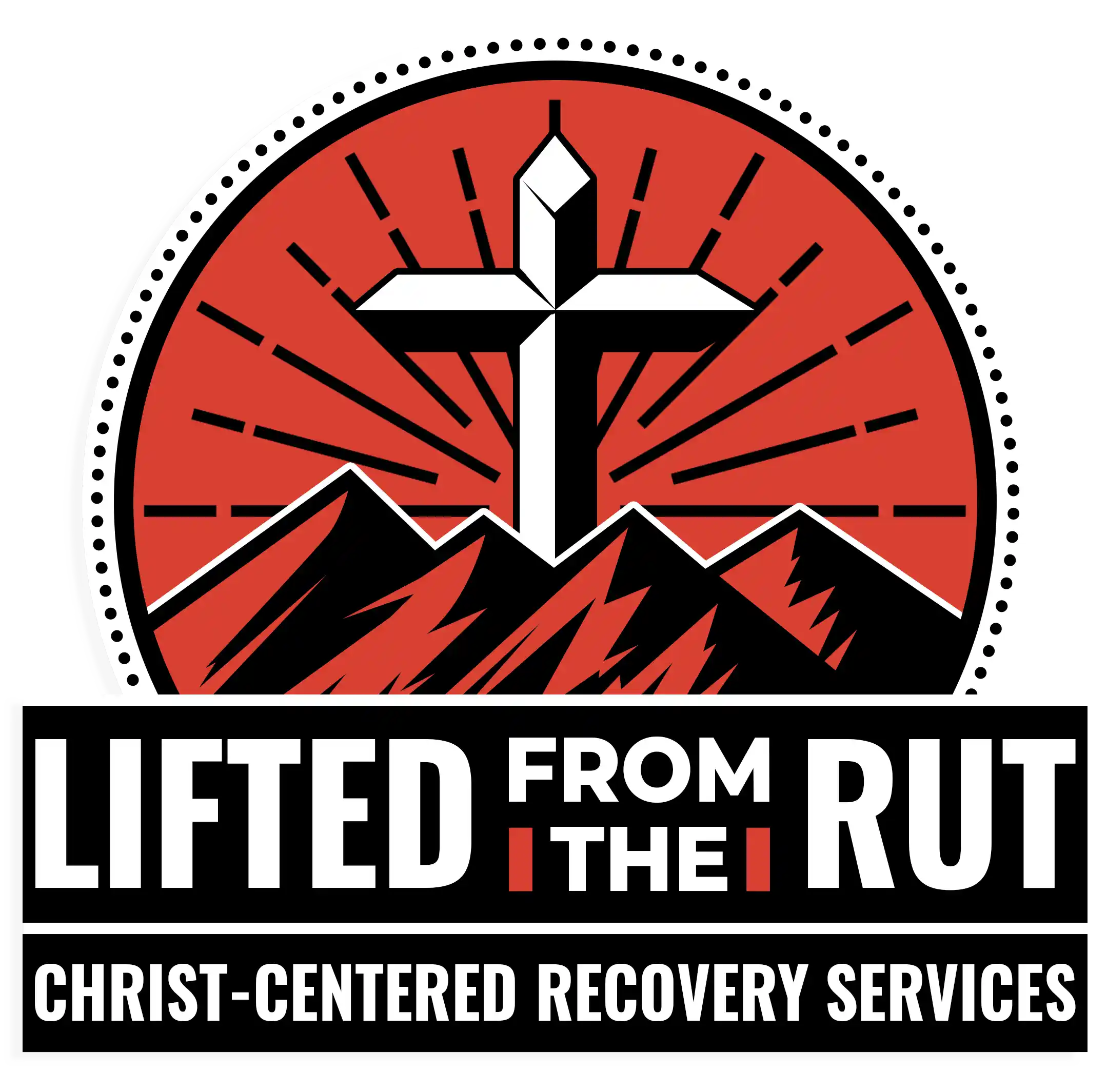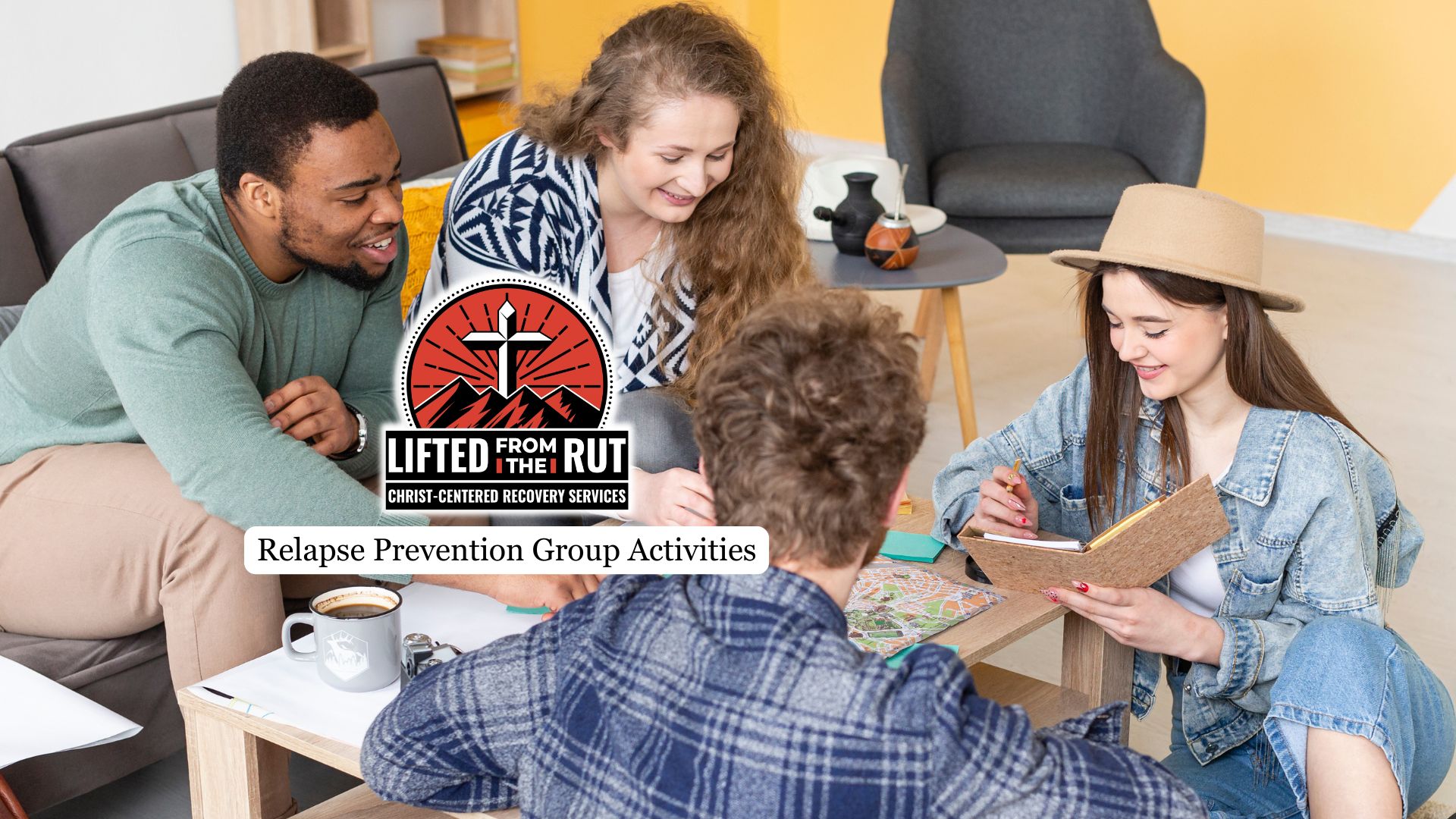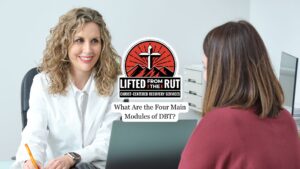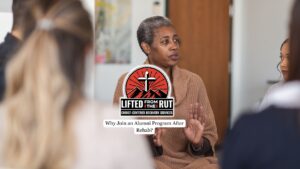Relapse prevention is a critical part of maintaining long-term recovery from addiction. Group activities designed for relapse prevention provide a supportive environment where individuals can build coping skills, strengthen peer connections, and practice strategies to avoid relapse.
This article explores a variety of engaging and effective group activities that help participants stay motivated and resilient on their recovery journey.
Why Are Relapse Prevention Activities Important?
Engaging in group activities for relapse prevention is essential because these activities foster a strong sense of community and support among individuals in recovery. Group settings allow participants to share experiences, learn from one another, and develop practical coping skills in a safe and encouraging environment. Through shared discussions and interactive exercises, individuals gain insight into their triggers and strategies to handle cravings and reduce feelings of isolation.
Participating in relapse prevention programs boosts motivation, accountability, and resilience, which are crucial for maintaining long-term sobriety. Overall, group involvement empowers individuals to navigate recovery challenges while reinforcing a network of support that strengthens their commitment to staying substance-free.
Role-Playing Scenarios and Interactive Games
Role-playing is an excellent tool for preparing group members to face challenging real-life situations that could trigger a relapse. Participants act out scenarios such as attending social events where substances are present or managing stressful conversations. This practice fosters assertiveness and builds confidence in refusal skills. The group setting allows individuals to rehearse healthy responses and receive constructive feedback in a safe, supportive atmosphere.
Games like relapse prevention bingo and recovery-themed Jeopardy! offer fun, interactive ways to reinforce prevention concepts. Bingo cards containing triggers, coping strategies, or recovery milestones engage participants in a friendly competition, while Jeopardy!-style quizzes promote teamwork and deepen knowledge about addiction and recovery topics. These games create an enjoyable learning environment that motivates group members to actively internalize important relapse prevention skills.
Activities for Creative Expression and Mindfulness Exercises
Creative outlets, such as art therapy, writing exercises, and group storytelling, allow participants to explore and express emotions related to their recovery. Drawing, painting, or sculpting can help individuals process difficult feelings nonverbally. Guided journaling encourages self-reflection and emotional processing, both of which are vital for preventing relapse. Group storytelling fosters connection and collaboration while reinforcing positive recovery narratives.
Teaching mindfulness techniques and stress-reduction exercises in a group enhances participants’ ability to accept and manage cravings or difficult emotions without acting on them. Guided meditation, breathing exercises, and progressive muscle relaxation normalize healthy coping strategies within the group. Regular practice of these techniques builds emotional resilience, making it easier to navigate triggers in daily life.
Problem-Solving and Decision-Making Workshops
Problem-solving and decision-making workshops are vital components of relapse prevention group activities, providing participants with hands-on opportunities to tackle real-life recovery challenges in a supportive environment. These structured activities encourage group members to work collaboratively through current or potential obstacles, such as managing triggers, coping with cravings, or navigating difficult social situations. By breaking down problems into manageable steps, participants develop practical, actionable solutions that can be applied beyond the group setting.
The workshops also focus on teaching systematic decision-making processes that present a clear framework for evaluating choices and anticipating possible outcomes. Learning how to weigh the pros and cons of different actions helps individuals make informed decisions that support their recovery goals and minimize risks of relapse. Emphasizing critical thinking and self-awareness during these sessions empowers participants to avoid impulsive or harmful behaviors, which are often triggers for relapse.
An important aspect of these workshops involves sharing community resources, personal coping strategies, and success stories. This exchange of ideas and experiences not only enriches the group’s collective knowledge but also builds a sense of connection and accountability among members.

Sober Social Activities Planning
Planning substance-free social events as a group plays a crucial role in relapse prevention by fostering a supportive and engaging sober community. These events provide safe, enjoyable opportunities for participants to connect with others who share their commitment to sobriety, strengthening bonds that encourage ongoing recovery. Activities such as group hikes, game nights, or movie marathons offer fun and meaningful ways to socialize without the presence of alcohol or drugs, helping members experience positive social interactions in healthy environments.
The collaborative nature of planning these activities empowers individuals to take active roles in shaping their recovery journey. By working together to organize and participate in sober events, group members develop important life skills and establish routines that promote lasting sobriety.
Gratitude and Positive Affirmation Circles
Gratitude and positive affirmation circles are powerful activities within relapse prevention groups that help cultivate a mindset of resilience, hope, and positivity. During these sessions, participants take turns sharing things they are thankful for, which shifts focus away from cravings and challenges and toward the progress and successes they have experienced in their recovery journey. This practice encourages a sense of appreciation and mindfulness, helping individuals recognize the positive aspects of their lives and build emotional strength against setbacks.
In addition to expressing gratitude, group members often create personal or collective mantras, which are short, meaningful affirmations that reinforce recovery goals and motivation. These affirmations serve as reminders of inner strength and purpose, providing encouragement during difficult moments.
Relapse Prevention Workshops and Psychoeducation
Relapse prevention workshops provide participants with valuable education on a range of topics essential for maintaining long-term recovery. These workshops typically cover areas such as stress management techniques, building and maintaining healthy relationships, proper nutrition, and recognizing the early warning signs of relapse. To enhance the learning experience, programs often invite guest speakers and subject-matter experts who bring fresh perspectives and specialized insights, enriching the curriculum and engaging participants in meaningful discussions.
Psychoeducation plays a critical role in these workshops by creating a supportive environment where individuals can learn from both professionals and peers. This shared educational experience helps reduce denial about the realities of addiction and recovery, increasing self-awareness and encouraging openness. Through psychoeducation, participants gain a deeper understanding of their behaviors, triggers, and emotional responses, empowering them to take proactive steps in managing their recovery.
The Role of Faith in Relapse Prevention
Faith-based concepts like prayer and meditation can significantly enhance relapse prevention group activities by providing a spiritual foundation that supports emotional and mental resilience. Incorporating prayer during moments of craving or stress helps individuals center their focus on a higher power, fostering a sense of hope and strength beyond their personal willpower.
Meditative reflection on scripture or spiritual teachings encourages mindfulness, self-awareness, and calmness, which are vital for managing triggers and avoiding relapse. These practices create deeper meaning and purpose within the recovery process, offer comfort during difficult times, and cultivate a sense of connection to God and the community. When combined with practical prevention skills, faith-based elements inspire lasting commitment to sobriety and holistic healing of spirit, soul, and body.
Final Thoughts from LFTR Christ-Centered Rehab Services
Relapse prevention group activities engage participants in meaningful, supportive, and interactive ways that build essential skills for sustained sobriety. Incorporating a variety of these activities into ongoing recovery efforts strengthens individuals’ ability to navigate triggers and maintain long-term recovery successfully.
At LFTR Christ-Centered Rehab Services in Littleton, Colorado, we blend the principles of recovery with faith-centered care to foster lasting sobriety. Our holistic approach addresses the spirit, soul, and body, empowering individuals to identify triggers, build resilience, and deepen their spiritual foundation. By integrating evidence-based prevention strategies with Christian values, we provide the structure, guidance, and spiritual support needed to navigate challenges and thrive in ongoing recovery.





